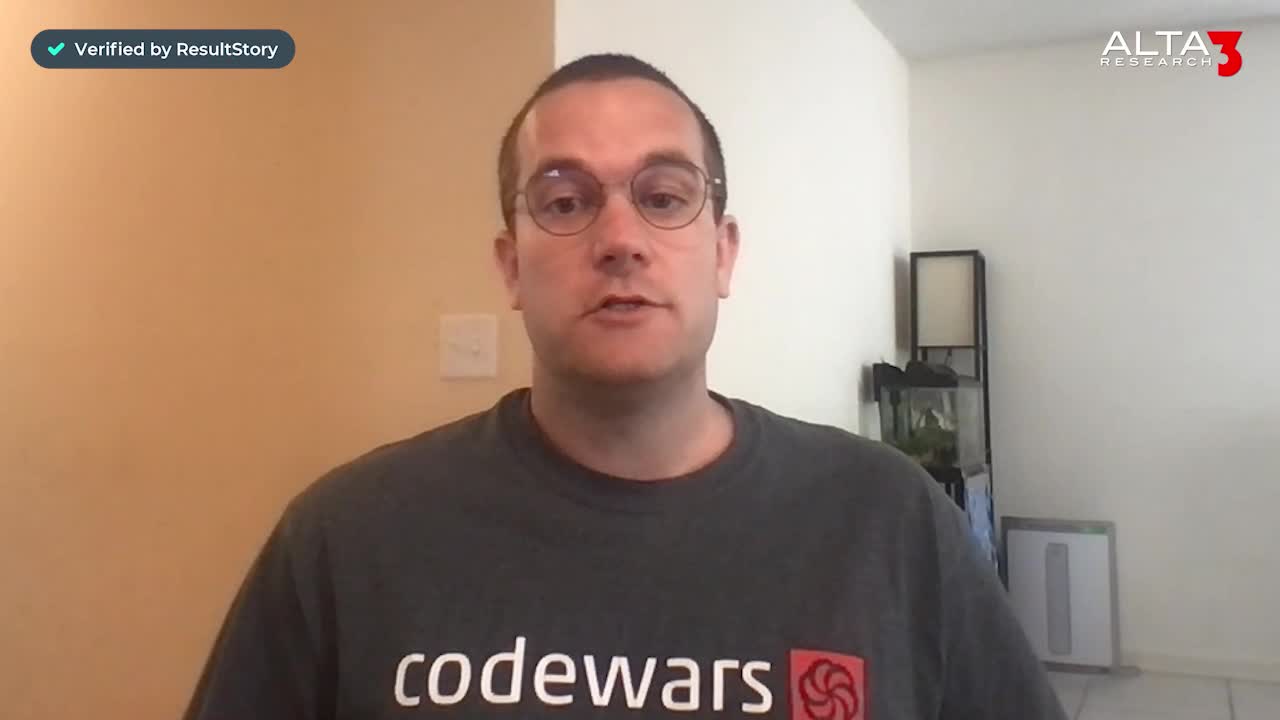Introduction to Programming
Unlock the world of software development with our 'Introduction to Programming' course, tailored for beginners eager to grasp core programming and object-oriented concepts using Microsoft Visual Studio 2013.

Essential Skills Gained

Design foundational programs using basic programming constructs.

Implement object-oriented programming concepts like encapsulation and inheritance.

Understand the principles of application security and error handling.

Develop skills in memory management and application performance optimization.
Format
- Instructor-led
- 5 days with lectures and hands-on labs.
Audience
- New software developers
- High school students
- Post-secondary students
- Career changers
Description
In this 5-day course, students will learn the basics of computer programming through the use of Microsoft Visual Studio 2013 and either the Visual C# or Visual Basic programming languages. The course assumes no prior programming experience and introduces the concepts needed to progress to the intermediate courses on programming, such as 20483B: Programming in C#. The focus will be on core programming concepts such as computer storage, data types, decision structures, and repetition by using loops. The course also covers an introduction to object-oriented programming covering classes, encapsulation, inheritance, and polymorphism. Coverage is also included around exception handling, application security, performance, and memory management.
Upcoming Course Dates
No upcoming dates. Please check back later.
Course Outline
Download PDFModule 1: Introduction to Core Programming Concepts
Computer Data Storage and Processing
Application Types
Application Life-Cycle
Code Compilation
Module 2: Core Programming Language Concepts
Syntax
Data Types
Variables and Constants
Module 3: Program Flow
Introduction to Structured Programming Concepts
Introduction to Branching
Using Functions
Using Decision Structures
Introducing Repetition
Module 4: Algorithms and Data Structures
Understand How to Write Pseudo Code
Algorithm Examples
Introduction to Data Structures
Module 5: Error Handling and Debugging
Introduction to Program Errors
Introduction to Structured Error Handling
Introduction to Debugging in Visual Studio
Module 6: Introduction to Object-Oriented Programming
Introduction to Complex Structures
Introduction to Structs
Introduction to Classes
Introducing Encapsulation
Module 7: More Object-Oriented Programming
Introduction to Inheritance
Introduction to Polymorphism
Introduction to the .NET Framework and the Base Class Library
Module 8: Introduction to Application Security
Authentication and Authorization
Code Permissions on Computers
Introducing Code Signing
Module 9: Core I/O Programming
Using Console I/O
Using File I/O
Module 10: Application Performance and Memory Management
Value Types vs Reference Types
Converting Types
The Garbage Collector
Your Team has Unique Training Needs.
Your team deserves training as unique as they are.
Let us tailor the course to your needs at no extra cost.
See What Other Engineers Are Saying
Trusted by Engineers at:
and more...

Aaron Steele

Casey Pense

Chris Tsantiris

Javier Martin

Justin Gilley

Kathy Le

Kelson Smith

Oussama Azzam

Pascal Rodmacq

Randall Granier

Aaron Steele

Casey Pense

Chris Tsantiris

Javier Martin

Justin Gilley

Kathy Le

Kelson Smith

Oussama Azzam

Pascal Rodmacq

Randall Granier